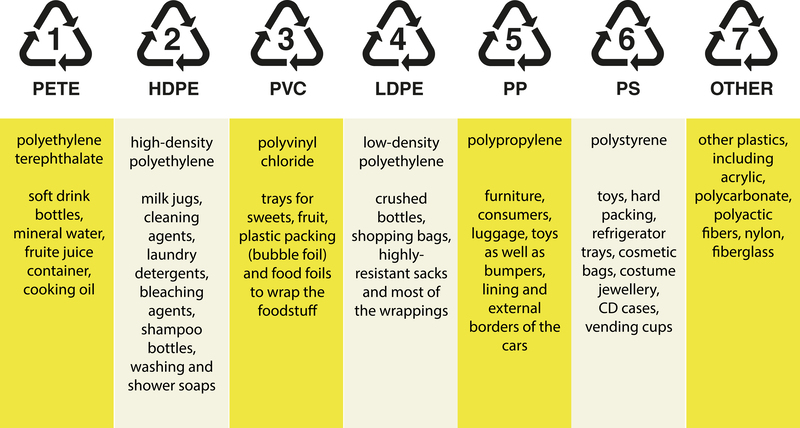Plastic waste has become one of the most pressing environmental issues of our time. With landfills overflowing, oceans polluted, and wildlife endangered, it's critical that we find effective ways to reduce our plastic footprint. Here are some innovative ideas to mitigate plastic waste.
1. Embrace a Zero-Waste Lifestyle
The zero-waste lifestyle aims to reduce the amount of waste individuals contribute to landfills. This approach involves mindful purchasing decisions, using reusable products, and composting organic waste. Start by replacing single-use items with sustainable alternatives like metal straws, cloth shopping bags, and glass containers.

2. Support Plastic-Free Packaging
Many companies are now offering products with minimal or plastic-free packaging. From biodegradable materials to reusable containers, these options significantly cut down on plastic waste. By supporting businesses that prioritize sustainable packaging, you encourage a shift in industry standards.
3. Innovate with Biodegradable Plastics
Biodegradable plastics offer a promising solution to plastic pollution. Unlike traditional plastics, these materials decompose more quickly and safely. Advancements in this field include plastics derived from plant-based materials such as corn starch, which break down without leaving toxic residues.
4. Implement Comprehensive Recycling Programs
Recycling can significantly reduce plastic waste, but current programs often fall short. Enhancing these initiatives by improving collection systems, educating the public, and investing in recycling technology can make a substantial difference. Local governments and communities must work together to maximize recycling efforts.
5. Promote Upcycling Innovations
Upcycling transforms plastic waste into useful and often beautiful new products. Creative ventures, such as turning plastic bottles into building materials or art, not only reduce waste but also provide economic opportunities. Supporting these innovative projects can help keep plastics out of the landfill.
6. Adopt Plastic Alternatives in Everyday Products
Switching to plastic alternatives in your daily life can drastically reduce plastic waste. Use bamboo toothbrushes, silk dental floss, and stainless-steel kitchen utensils. Explore natural fiber clothing and accessories instead of synthetic materials, which shed microplastics during washing.
7. Engage in Policy Advocacy
Public policies play a crucial role in reducing plastic waste. Engaging in advocacy can lead to significant changes, such as bans on single-use plastics, incentives for businesses using sustainable materials, and strict regulations on plastic manufacturing. Your voice can make an impact at local, national, and global levels.
Pros and Cons
Understanding the advantages and disadvantages of each approach helps make informed decisions:
Pros:
- Reduces environmental pollution and habitat destruction.
- Encourages sustainable business practices.
- Promotes innovation in materials science and waste management.
- Creates new economic opportunities through upcycling and recycling ventures.
Cons:
- Initial cost of transitioning to sustainable products and technologies can be high.
- Requires significant behavioral changes from individuals and industries.
- Not all biodegradable plastics decompose equally, potentially causing confusion and improper disposal.
Tips for Reducing Plastic Waste
- Carry reusable bags, bottles, and utensils to avoid single-use plastics.
- Purchase in bulk to reduce packaging waste.
- Choose products with minimal or eco-friendly packaging.
- Participate in community clean-up events to raise awareness and remove plastic litter.
- Educate yourself and others about the impact of plastic waste and the benefits of sustainable alternatives.

Takeaways
- Reducing plastic waste requires a combination of lifestyle changes, innovative solutions, and policy advancements.
- Supporting businesses and technologies that prioritize sustainability can drive significant progress.
- Engagement and education are key to fostering a culture of environmental responsibility.
Conclusion
Mitigating plastic waste is an achievable goal if we commit to using ingenious solutions and taking collective action. Embracing a zero-waste lifestyle, supporting plastic-free packaging, and advocating for stronger policies are steps that can have a profound impact. By making informed choices and promoting sustainability, we can protect our planet for future generations.
